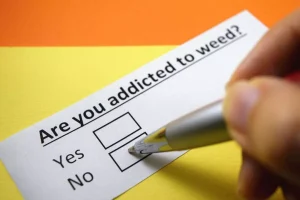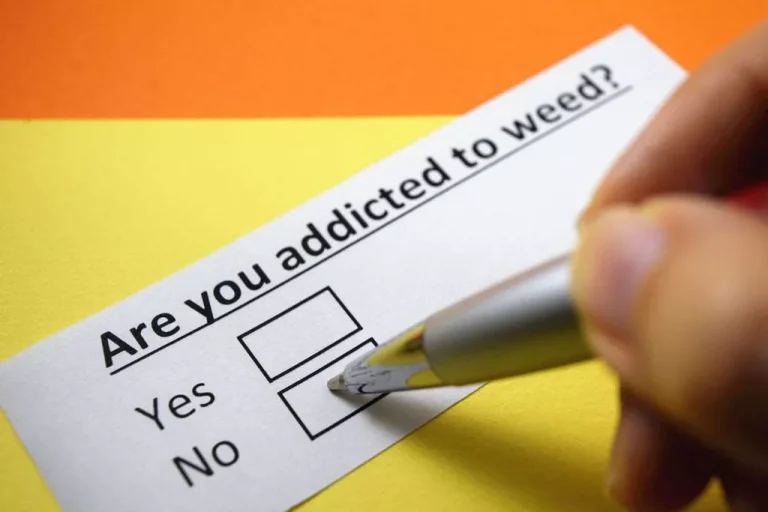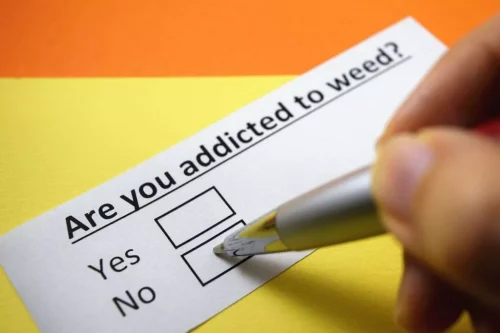How Long Alcohol Withdrawal Lasts: A Timeline of What to Expect

Medical interventions are often necessary, particularly for individuals with severe alcohol withdrawal symptoms. Inpatient detoxification programs and medication-assisted treatment can provide medical supervision, support, and medications to ease withdrawal symptoms and reduce the risk of complications. Before diving into the duration of alcohol withdrawal symptoms, it’s crucial to have a basic understanding of what alcohol withdrawal entails. Alcohol withdrawal is the set of physical and psychological symptoms that occur when someone suddenly stops or significantly reduces their alcohol intake after prolonged and heavy drinking. If you’re planning to reduce or quit drinking, consult your healthcare provider first.
- Join our supportive sober community where each day becomes a step towards personal growth and lasting positive change.
- This, as well as impulse control disorders, can last up to 4 weeks after discontinuing use.
- When people experience intense headaches from alcohol withdrawal that last for longer than a few days it’s advised to seek medical care from a qualified healthcare provider immediately.
- The addiction recovery and rehabilitation experts at Positive Sobriety Institute are standing by 24/7 to answer your questions about our addiction treatment and rehabilitation program.
- Others experiencing more severe symptoms may require hospitalization to avoid life threatening conditions.
Start Your Recovery Journey at Compassion Behavioral Health

This will lead to improved nutrition, which can profoundly impact your overall health, especially over time. Physical symptoms will be much better by a week after stopping for most people. Your doctor will also be able to determine if the symptoms you are experiencing are due to withdrawal or if they are the result of another condition. With most substances, PAWS is less common — not everybody experiences it — and the symptoms are usually less intense. The duration of PAWS can depend on a range of factors, including the substance you used and how frequently you used it, as well as your support system. Sometimes, your symptoms after stopping antidepressant use are part of the “rebound symptoms” — in other words, the symptoms you were trying to treat with antidepressants start coming back.

Can Alcohol Permanently Damage Your Brain?

About alcohol withdrawal syndrome symptoms five percent of people withdrawing from alcohol experience delirium tremens (DTs). If you’re addicted to alcohol and have been drinking heavily for years, you’re at risk for this complication. Seizures can occur within 48 hours of your last drink, though they occasionally happen a few days later.
- While this is a generally applicable timeframe, the effects of alcohol withdrawal differ for everybody.
- They may linger after acute withdrawal or show up weeks to months later.
- It is essential to seek treatment if you detox from alcohol by choice or circumstance.
- If you’re seeking help for yourself or a loved one, our expert team is here to guide you every step of the way.
- Primary care physicians should offer to initiate appropriate medications.
- Most people will begin experiencing minor withdrawal symptoms after 6 hours without drinking.
- Medical interventions are often necessary, particularly for individuals with severe alcohol withdrawal symptoms.
Medications to Ease Withdrawal Symptoms
Many individuals experience better recovery outcomes when they continue to “step down” in care after detox. Symptoms occur in three stages, with the first symptoms typically appearing within 8 to 10 hours after your last drink if you have severe AUD. Physical dependence is more likely to occur as your tolerance for alcohol, and therefore the amount you use, increases. « I read other people’s withdrawal symptoms and how they seem to be over in a week, but mine are still hanging on … Just stomach problems and anxiety, mostly. » After two weeks of abstinence, the benefits of no longer drinking at harmful levels continue to become evident. These reduced cravings can help make it easier to stick to sobriety for the long-term.
Recognizing Patients at Risk for AUD
Those who are able to resist relapse during withdrawals risk their lives if they try detoxing alone. If you’re continuing to suffer physical symptoms after two weeks of abstinence from alcohol, consult your healthcare provider. Going into the second day of abstinence from alcohol, people typically report a wide variety of experiences. For some, symptoms already start to subside, while others begin to experience more severe ones. Those who seek medical attention tend to feel better than whose who do no.

- Behavioral therapy, recreation, and support groups may be part of a personalized treatment plan that encourages a healthier lifestyle.
- Some nagging symptoms might linger, but the benefits far outweigh the negative after nine days.
- If you’ve ever questioned your relationship with alcohol, that’s the first sign you need to “dig a little deeper,” says Amanda Zahner, a person recovering from alcohol use disorder who is now six years sober.
People can experience a wide range of symptoms—ranging from mild to moderate to severe—that start and stop at different times for each person. The main ways to prevent alcohol withdrawal are to avoid alcohol altogether https://ecosoberhouse.com/ or to get professional help as soon as possible if you think you’re developing alcohol use disorder. Your healthcare provider will recommend and encourage treatment for alcohol use disorder.

